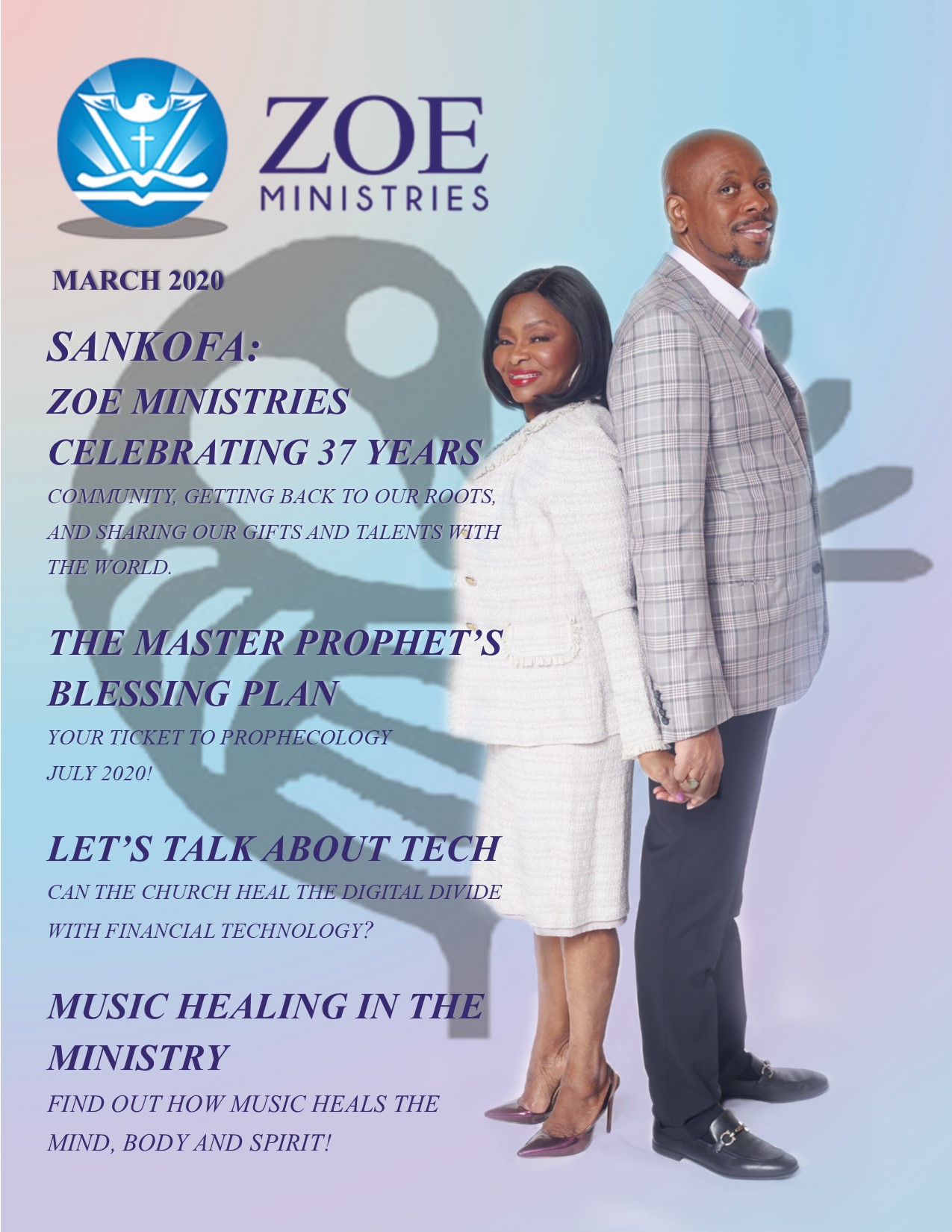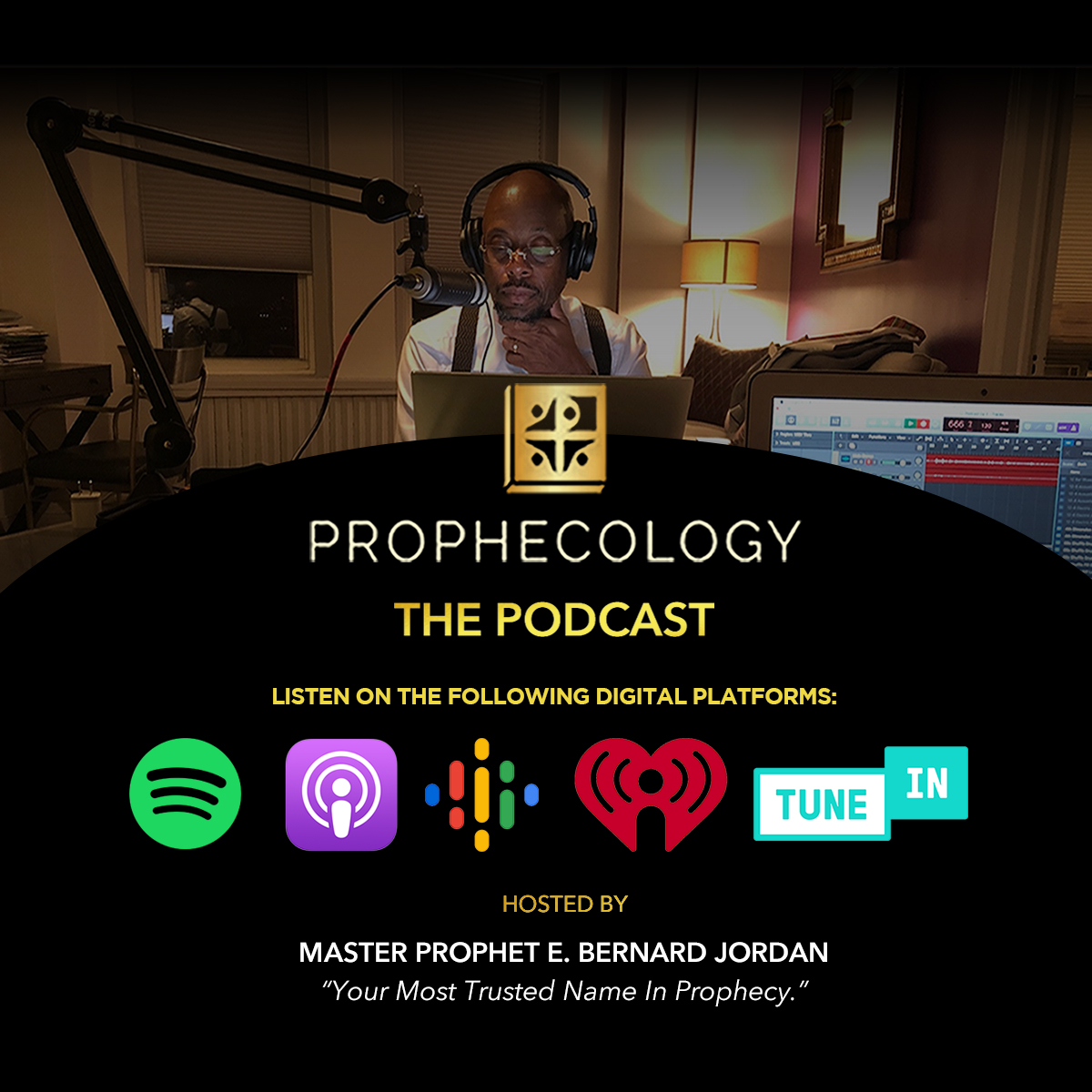Leadership and the Future
September 23, 2018 2023-04-05 19:11Leadership and the Future
Leadership and the Future
A distinct future is something that can only be achieved through high engagement within the group members. The essence of leadership is about convening, valuing, relatedness, and decentralizing its own role (Block, 2008). We see an example of this: Hebrews 10:24 tells us, “And let us consider how to stir up one another to love and good works, not neglecting to meet together, as is the habit of some, but encouraging one another, and all the more as you see the Day drawing near.” Church leaders were also observed doing this: “And they devoted themselves to the apostles’ teaching and the fellowship, to the breaking of bread and the prayers” (Acts 2:42).
Leadership is not so much about a personality or a characteristic or a matter of style. It requires nothing more than what all of us have already. It is said to be a capacity we can learn, with small amount of teaching and an agreement to practice.
These kinds of leaders put people in small groups and use questions in order to create a “Social Space” wherein members are deeply engaged. Through this kind of engagement, members discover that it is within their power and responsibility to resolve something or to move forward. This is what empowers them to be accountable for things over which they can have power, even though they have previously viewed themselves to have no control over such things.
Creating a new future is grounded on widespread accountability, as well as connectedness within the group. It requires leaders that convene people in new ways in order to create conditions wherein the context and practice shifts (Block, 2008). In this regard, leadership occurs in a place of gifts, generosity, and abundance, rather than fear and fault. There is a practice shift from a bet on measurement and oversight, to one of social fabric and accountability. From advice and predictability of leaders, instead, there will be a focus on wisdom, capacities and ownership of citizens. Block (2008) said, “When we train leaders we should get off the vision and style wagon, and help them learn about convening, questioning and listening. This allows us to de-glamorize individualized leadership and consider it simply the capacity to create community.”
Jim Selman (2007) noted that leadership is a place wherein you undertake processes and create structures in order to manifest the vision to bring in a new reality into existence. Leadership is about creation. A vision breaks with the past. It is an opening for the future, which is not merely “more of the same.” We cannot ask, “How are we going to do it?” because we have never been there before.
The leader is not a special person. The leader is a citizen, like you and me, who is willing to do those things that have the capacity to initiate something new in the world. The leader is a social architect (Block, 2008).
Have you been looking for an open door to be used for the Lord’s Kingdom? Won’t it benefit you to operate in the prophetic in all areas of your life. This year, I want to gift you this FREE Course and experience the Power of Prophecy as a gift to open your mind to receive the Mind of Christ.
Who are you as a social architect?







